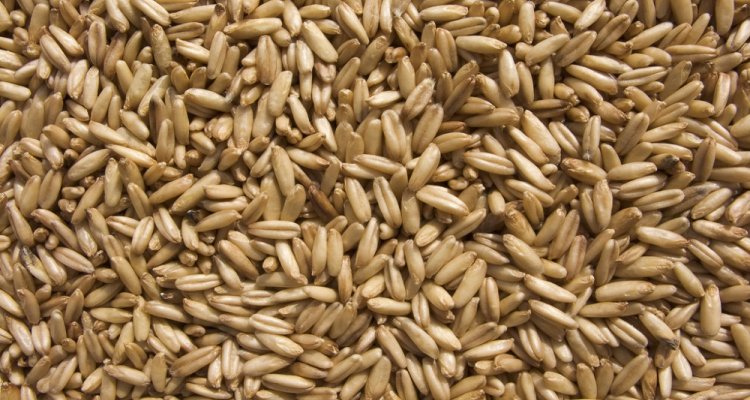
Project
Plenitude
Wageningen Food & Biobased Research (WFBR) is the only knowledge partner in this BBI flagship project, and therefore plays a crucial role in the characterization of the mycoprotein, development of product concepts, and nutritional quality assessment. WFBR supports PLENITUDE to develop healthy, tasty, and sustainable plant-based foods. Next, a comprehensive in-vitro method is applied to demonstrate the safety, digestion and bioavailability of the projects new mycoprotein.
The PLENITUDE project builds a bio-based value chain around the installation and operation of a unique, zero-waste process that couples an aerobic fermentation plant producing food grade protein with a conventional first generation biorefinery. The inputs to the biorefinery are sustainable cereal crops. The PLENITUDE process takes a proportion of the input into the biorefinery as a side-stream to feed an aerobic fermentation process which converts it to mycoprotein, an established high-quality protein used as a meat alternative. The project is a cross-sector collaboration involving the biorefinery operator, food producers and technology providers; delivering low cost protein in a zero-waste process where any waste from the fermentation process is re-integrated into the biorefinery and recovered as fuel (bioethanol) or feed (DDGS Distillers Dried Grains and Solubles or CDS - Concentrated Distillers' Solubles). The production of food protein from low-cost, low-footprint feed stocks such as wheat creates a sustainable solution to protein supply and produces food grade protein with a competitive feed conversion ratio.